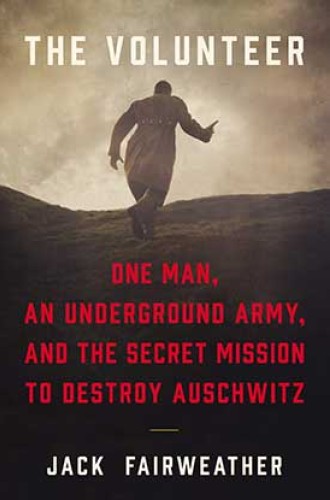The man who volunteered to be imprisoned at Auschwitz
In the face of evil, we tend to keep our heads down. Not Witold Pilecki.
He volunteered to go to Auschwitz. Witold Pilecki was a Polish cavalry reserve officer prior to World War II when he began to recognize that Hitler’s plan for Poland was to destroy not only the Jews but also the ethnic Poles, whom Hitler regarded as a “weaker Slavic race.” In the fall of 1939, after Germany invaded Poland, many Poles were being rounded up. Those who were educated or members of the professional class were killed. Others were sent to labor camps.
In response, Pilecki and Jan Włodarkiewicz created the Secret Polish Army. They agreed that Włodarkiewicz would lead and Pilecki would be the chief recruiter. Recruitment was risky because survival depended upon trusting the potential recruits.
The organization struggled from the start with personality conflicts and strategic differences. One disagreement in particular led to the situation in which Pilecki volunteered to go to Auschwitz. Włodarkiewicz, who wanted to make Poland a Catholic nation, began employing anti-Semitic rhetoric. Pilecki rejected this move and persuaded other leaders in the resistance to bypass Włodarkiewicz’s leadership. The new leader, Colonel Stefan Rowecki, was from a rival resistance group, and he strongly believed that the Allies needed to see a vivid picture of the conditions in Auschwitz before they could be convinced to intervene. Włodarkiewicz knew that Rowecki wanted someone to infiltrate the camp, and he took it upon himself to “invite” Pilecki to be the “honored” one. In some ways Pilecki had no choice: someone had to do it and he had supported Rowecki’s leadership. Still, to volunteer for Auschwitz was a courageous move.





